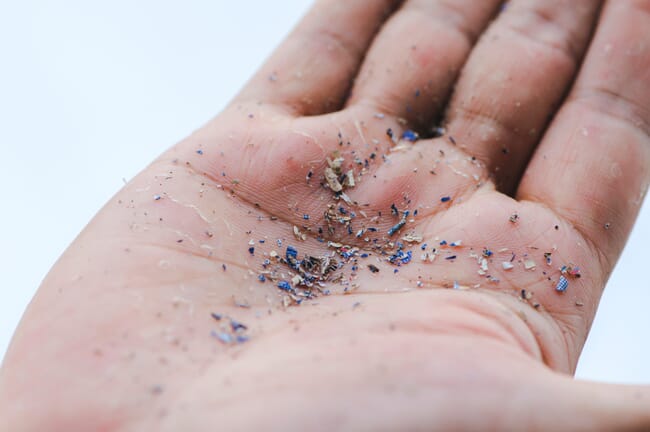
World-leading researchers working on the €7.93 million EU-funded ASTRAL project have developed and deployed two different sensors to test for microplastics in aquaculture sites at the Irish Marine Institute’s Lehanagh Pool Marine Research Site in Connemara, County Galway.
Developed by LEITAT, a Barcelona-based research and technology organisation, the sensors use photonics, computer vision, and artificial intelligence to measure microscopically sized microplastics, differentiating them from some other natural particles that might be present in water samples.
Inma Sanchez, ASTRAL consortium member and principal researcher at LEITAT, explains that she believes technology of this kind to be essential for the aquaculture sector to grow.
“Technology like this is needed in aquaculture to monitor and control key parameters, prevent and manage diseases, manage waste, and to collect and analyse data. This way farmers can optimise their performance and ensure sustainable and efficient aquaculture practices,” Sanchez said in a press release.
“Overall, the future of sustainable aquaculture will depend on the continued development of technologies that can support the growth and success of multiple species in a single system. This will require ongoing innovation, investment, and collaboration between farmers, researchers, and technology providers,” she added.
The ASTRAL consortium plans to deploy the sensors across various operational environments in the coming months, thereby enabling real-time, in-situ microplastic monitoring at aquaculture sites. In addition to aquaculture, the sensors can also be adapted for use in in other settings, such as research vessels or moorings.




